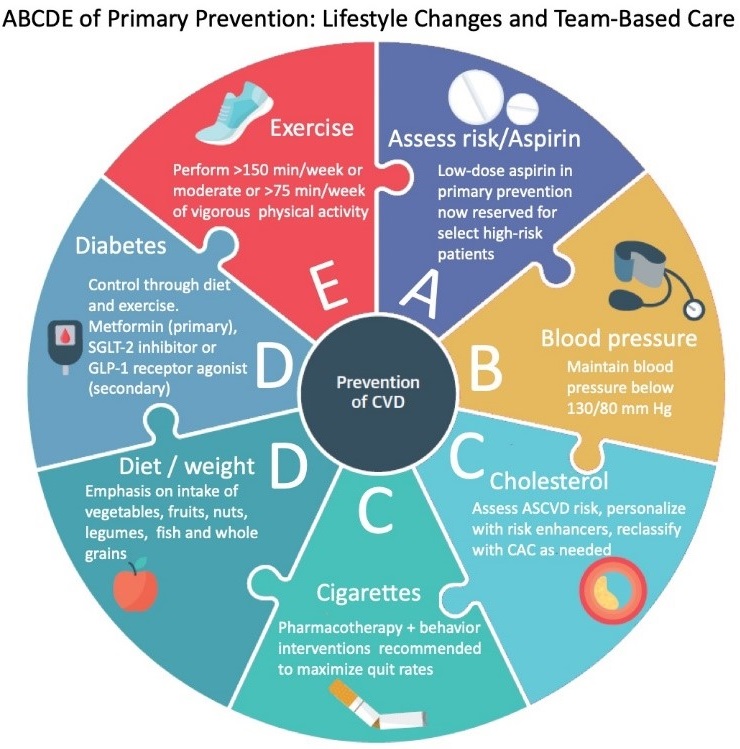CPR MENU

CARDIOVASCULAR AND PULMONARY REHABILITATION
SINDH INSTITUTE OF PHYSICAL MEDICINE AND REHABILITATION


Dr. Farheen Hasnain
Head of the Department / Assistant professor / Cardiac Rehab Specialist
MSPT Cardiac Rehabilitation (MGH Institute/ Harvard Med USA), DPT (DUHS)
MESSAGE BY HOD
Have you ever wondered what it might be like to have your own personal coach and cheerleader—someone to help you live a more active and healthful life, and make it a priority? In many ways, this is what cardiopulmonary rehabilitation programs do for people recovering from certain heart-related or lung-related conditions and procedures. It is also proven to prevent future and potentially more serious health problems to occur.
You are welcome to come and discuss your cardiopulmonary concerns with us to have a personalized exercise plan for yourself or your loved ones.
WHAT IS CARDIAC AND PULMONARY REHABILITATION?
Cardiac Rehabilitation | Pulmonary Rehabilitation |
Cardiac rehabilitation is a complex intervention offered to patients diagnosed with heart disease, which includes components of health education, advice on cardiovascular risk reduction, physical activity and stress management | ‘An evidence-based, multidisciplinary, and comprehensive intervention for patients with chronic respiratory diseases who are symptomatic and often have decreased daily life activities. Pulmonary rehabilitation is designed to reduce symptoms, optimise functional status, increase participation, and reduce healthcare costs through stabilising or reversing systemic manifestations of the disease.’ |
WHO ARE WE?
The Cardiovascular and Pulmonary Rehabilitation at Sindh Institute of Physical Medicine and Rehabilitation is the first Cardiac Rehab setup in the public sector in Pakistan. It was established in 2008 and caters to 300 patients per annum on average.
Cardiopulmonary rehabilitation services are provided in a very friendly environment on latest exercise machinery along with telemetry monitoring of cardiopulmonary patients.
This premises is staffed by a medically-trained, multidisciplinary team of Cardio Pulmonary Rehabilitation experts with oversight by a certified physiatrist.
Patients can be referred from all over the city.
The patients are first given a general assessment by the Physiatrist after which they undergo risk evaluation for undergoing a Cardiopulmonary Rehabilitation program followed by their assessment and testing at CVPR.
The focus of the program is to evaluate the influence of physical activity (exercise), dietary intervention, obesity, hyperlipidemia, diabetes, hypertension, sleep disturbances, cigarette smoking, anxiety and depression on cardiovascular health and the prevention of CVDs (Cardiovascular Diseases). A multidisciplinary team ensures all aspects of patient management are covered.
The services available at CVPR include:
- Primary Prevention:
Prophylactic measures are introduced collectively because there is an overwhelming evidence that the occurrence of cardiovascular diseases (CVDs) can be reduced by making lifestyle changes. Thus, cardiovascular diseases (CVDs) are targeted at a primary health promotion level before some of the important underlying causes of CVD seriously afflict a person such as obesity, hyperlipidemia, diabetes, hypertension, sleep disturbances, cigarette smoking, anxiety and depression.
It is recommended by all major professional cardiac associations to assess cardiovascular risk factors every 4 years in those aged 20 – 39 years.
- Pre-operative rehabilitation:
Introduction to Cardiac Rehab (CR) to prepare the patient for impending medical and surgical heart conditions with a focus on the post-cardiac event, exercises and risk factors management that reduces the effects of deconditioning due to surgery.
Many people with disabilities have coexisting cardiac problems which can be better managed through enrollment in the cardiac rehab programs.
Pulmonary rehabilitation: Advised for patients having pulmonary problems such or those having comorbid cardiac conditions such as:
- Post COVID
- Asthma
- Bronchiectasis
- Pulmonary hypertension
- Interstitial Lung Disease
- post COVID-19
- post lung surgery
- and other chronic pulmonary disorders .
Cardiac Rehabilitation. Phase 1:
Acute phase of rehabilitation. Begins in the hospital. Our therapists educate the patients and coordinate a smooth referral to phase 2.
Cardiac Rehabilitation. Phase 2:
Patients exercise in the Cardiac Rehabilitation department while the physiotherapists and nurses monitor the patient’s responses to exercise. They are monitored on telemetry monitors for the duration of their individual program. These exercise sessions include group and individual education about the cardiovascular risk factors as well as sessions with a psychologist if needed.
You can benefit from Cardiac rehab in phase 2 if you are:
- Post Angioplasty
- Bypass surgery
- Stable Angina (Chest Pain)
- Recent Heart Attack
- Heart or valve Surgery
- Stable heart failure
- Pace Maker Implantation
- Left ventricular assist device
- Peripheral vascular disease
- Heart failure
Cardiac Rehabilitation Phase 3:
Patients are given the option to continue unmonitored exercise at our facility or they can enroll at a community gym of their choice with regular follow-ups. Patients remain in this program for various lengths of time depending on physician recommendation as well as each patient’s needs and goals.
Home Based Online Cardiac Rehabilitation (Online)
Usually offered for patients who are very frail and deconditioned, have difficulty traveling long distance or live outside the city. The patients are assessed in-person for risk stratification and personalized exercise prescription at CVPR and a supervised exercise plan is coordinated via live online sessions.

You can benefit from the primary prevention program if you have:
- Hypertension
- High Cholesterol
- Obesity
- Family History of Heart Disease
- Diabetes
Pulmonary Function Testing:
Pulmonary function tests (PFTs) are noninvasive tests that show how well the lungs are working. The tests measure lung volume, capacity, rates of flow, and gas exchange. It is also ordered by surgeons to assess per-operative anesthesia fitness. This test is being performed at SIPMR for a nominal cost/free.
Who can get this test?
- COPD (chronic, obstructive pulmonary disease)
- Asthma
- Pulmonary hypertension
- Interstitial Lung Disease
- Post COVID-19

Post Stroke Cardiac Rehabilitation
Stroke survivors who complete a group-based aerobic exercise program similar to widely available cardiac rehabilitation programs significantly improve their endurance and walking capacity.
COST
Our Cardiac Rehabilitation setup has minimal charges for the patients. Non-affording patients can also avail free of cost services through Zakat fund.


